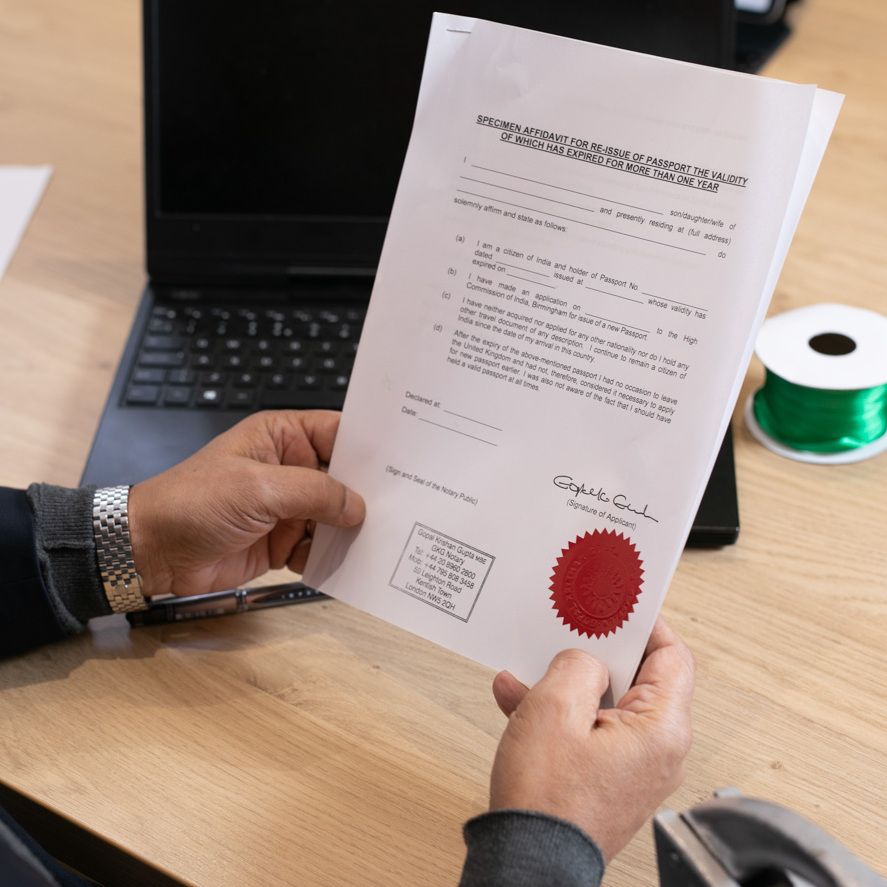Why Adoption Documents Need Apostille

International adoption is one of the most life-changing experiences a family can go through. But along with the emotional journey comes a mountain of paperwork. To ensure adoption documents are recognised abroad, you’ll usually need an APOSTILLE and sometimes embassy LEGALISATION.
Why Adoption Documents Need Apostille
Adoption documents are sensitive legal records. When presented abroad, foreign authorities must be sure they are genuine. The APOSTILLE, issued by the FCDO under the HAGUE Convention, certifies their authenticity.
Common Adoption Documents Requiring Apostille
- Adoption certificates
- Court orders
- Parental consent documents
- Home study reports
- Birth certificates of the child
Hague Convention on Intercountry Adoption
It’s worth noting that there are two important HAGUE treaties relevant here:
- The HAGUE Apostille Convention (1961) – simplifies document LEGALISATION.
- The HAGUE Adoption Convention (1993) – regulates international adoptions to protect children and families.
If your adoption involves two HAGUE member countries, the process is usually smoother. The required adoption documents, once apostilled, are recognised without further LEGALISATION.
Non-Hague Countries
If adopting from or to a country that is not part of the HAGUE Convention, documents will usually require both APOSTILLE and embassy LEGALISATION. This ensures recognition by local authorities.
Risks of Not Apostilling Adoption Papers
Without proper APOSTILLE and LEGALISATION, adoption documents may be rejected, causing delays or even cancellation of the process. This can be devastating for families and children.
Final Thoughts
Adoption is already a complex and emotional journey. Ensuring your adoption documents carry the correct APOSTILLE and LEGALISATION helps prevent unnecessary obstacles, allowing you to focus on what truly matters — building your family.













